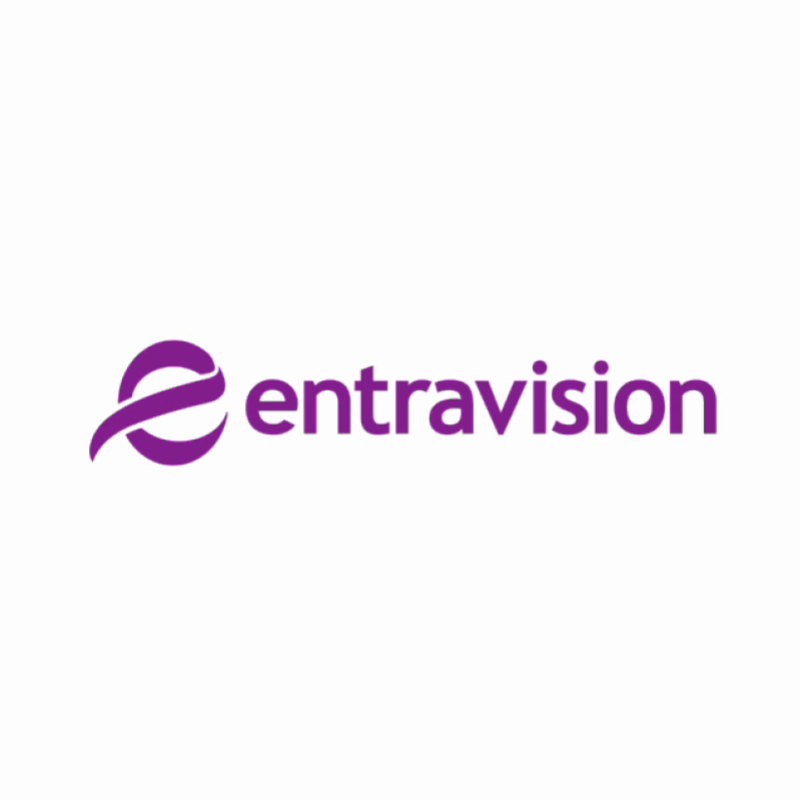African-American, Hispanic, and urban students score lower than their peers in Economics.
July 13, 2007
In a newly-released report summarizing the results of an economics assessment completed by 11,500 high school seniors, fewer than half (42 percent) of students scored at the “proficient” level when queried about market economics (including personal finance), national economics, and international economics. In addition, African-American, Hispanic, and students in large urban settings scored lower than other student populations. The economics assessment, entitled “The Nation’s Report Card,” is one of a series of National Assessments of Educational Progress (NAEP) conducted by the U.S. Department of Education. JA Worldwide (Junior Achievement), one of the organizations which helped create the assessment questions, is a leading provider of personal finance, entrepreneurship, and work readiness programs for K-12 students.
Black and Hispanic students scored an average of 127 and 133, respectively, on a zero-300 scale. White students scored an average of 158, and Asian and Pacific Islander students scored an average of 153. Students in large cities with populations of 250,000 or greater scored an average of 142, compared with an average score of 154 achieved by students in mid-sized cities. In addition, boys tended to score slightly better than girls.
One Junior Achievement program that teaches high school students key economic concepts is the newly-revised and updated JA Economics textbook. It reflects current economic trends, teaches students key microeconomic, macroeconomic, and international economic concepts, and includes seven volunteer-driven lessons that can be taught in conjunction with the textbook or as stand-alone activities. The program was updated with a $635,000 grant from MetLife Foundation.
The NAEP report also discusses how students involved in Advanced Placement Economics classes and those whose parents are well-educated scored higher on the NAEP Economics exam than their peers. Junior Achievement’s programs can help fill the gap for students who do not have access to these resources, by teaching them important personal financial management skills, such as how to devise and adhere to a budget, the cost of credit, and the importance of saving and investing for the future.
For more information at http://www.ja.org>





























